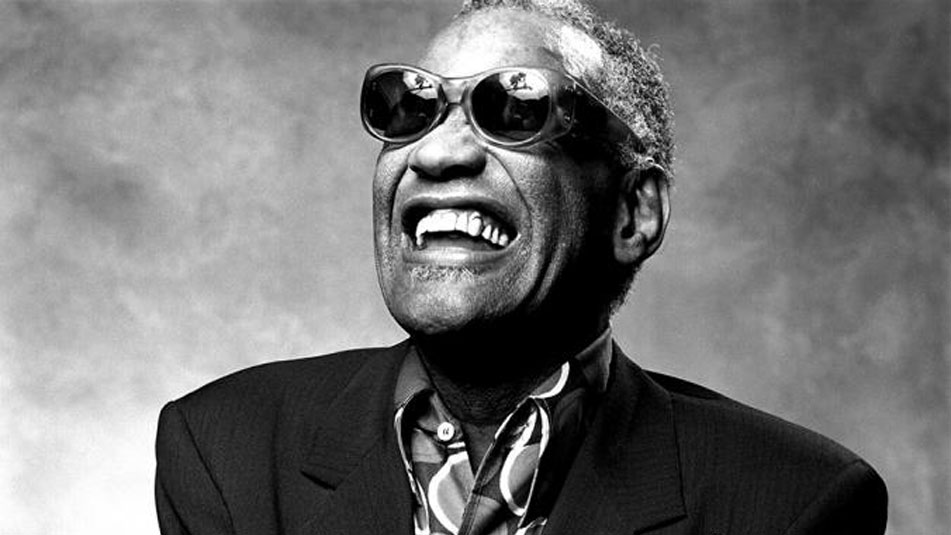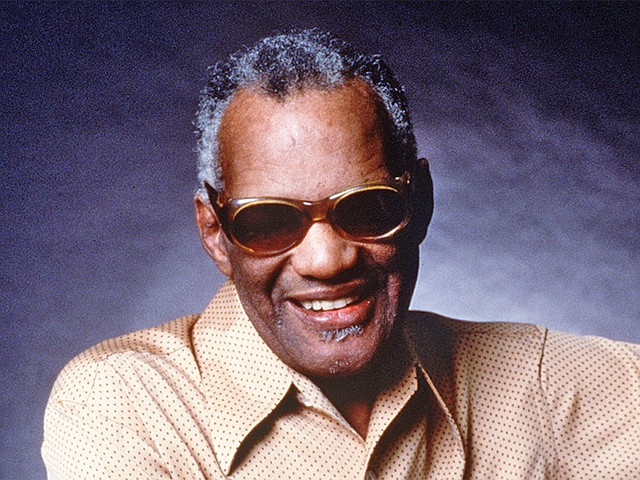“I Can’t Stop Loving You” – Ray Charles

“I Can’t Stop Loving You” – Ray Charles
“I Can’t Stop Loving You,” performed by Ray Charles, is one of the most iconic ballads in popular music history. Released in 1962 on his album Modern Sounds in Country and Western Music, Charles’s rendition of this country standard took the song to new heights, blending his soulful delivery with a lush orchestral arrangement. The song became one of his most successful crossover hits, reaching number one on the Billboard Hot 100 and marking a pivotal moment in both his career and the broader music landscape.

Originally written and recorded by country singer Don Gibson in 1957, “I Can’t Stop Loving You” was a heartfelt lament of unrequited love and emotional longing. When Ray Charles decided to record the song, he brought his unique blend of soul, rhythm and blues, and gospel influences to the mix, transforming it into a rich, emotionally charged performance that resonated across genre lines.

Charles’s version of the song is marked by its sweeping orchestral backing, arranged by Marty Paich, and its slow, deliberate pace. His emotive vocals convey deep sorrow and nostalgia as he sings, “I can’t stop loving you, I’ve made up my mind / To live in memory of the lonesome times.” The rich texture of the arrangement, combined with Charles’s soulful delivery, imbues the song with a sense of grandeur and timelessness.

The success of “I Can’t Stop Loving You” was a landmark in Charles’s career. It was part of his groundbreaking Modern Sounds in Country and Western Music album, where he reinterpreted country songs through the lens of soul and jazz, thereby breaking down racial and genre barriers in the music industry. His ability to blend genres was revolutionary and expanded the reach of both country and soul music.

To this day, “I Can’t Stop Loving You” remains one of Ray Charles’s signature songs, celebrated for its emotional depth and genre-defying sound. It is a testament to his unparalleled ability to interpret songs in a way that speaks universally to the human experience of love, loss, and longing.












